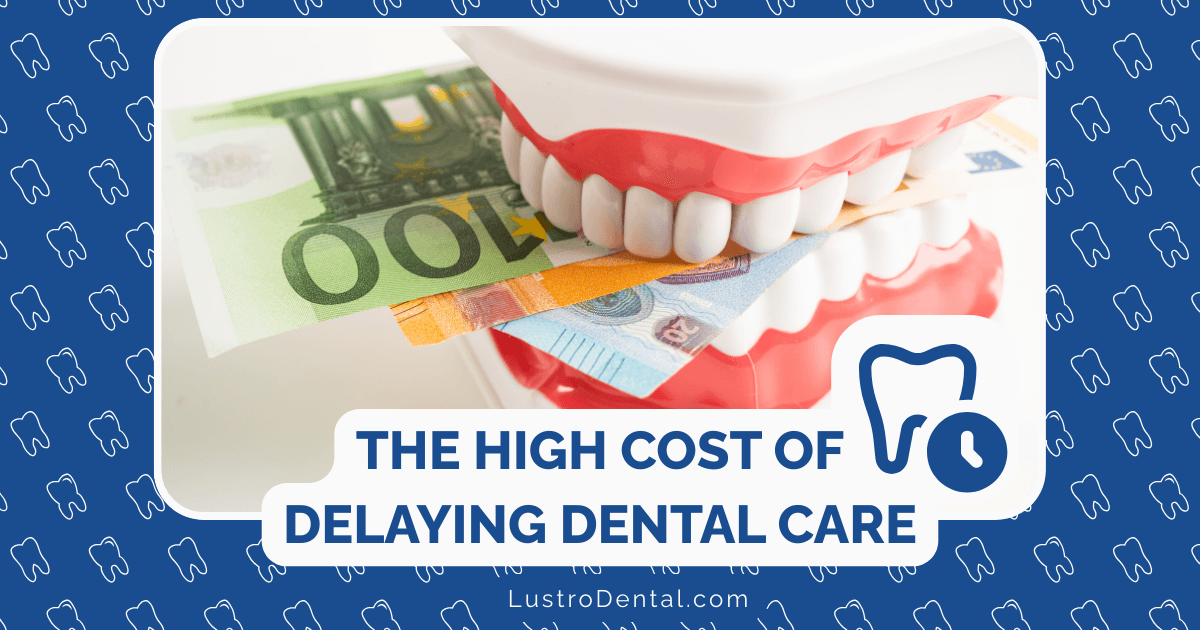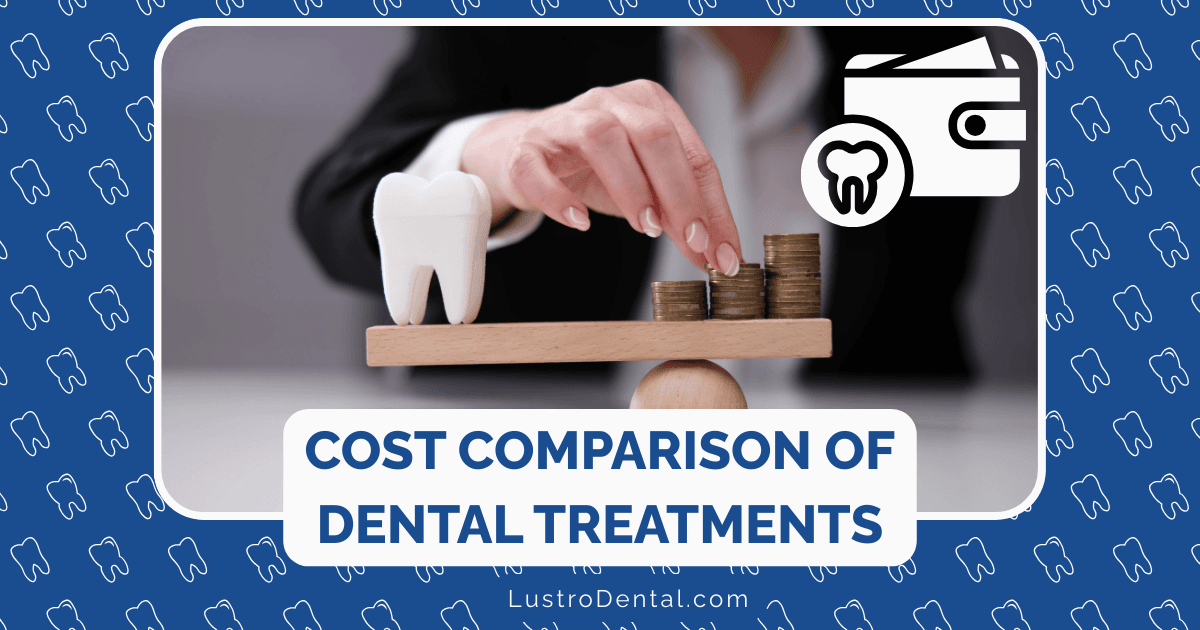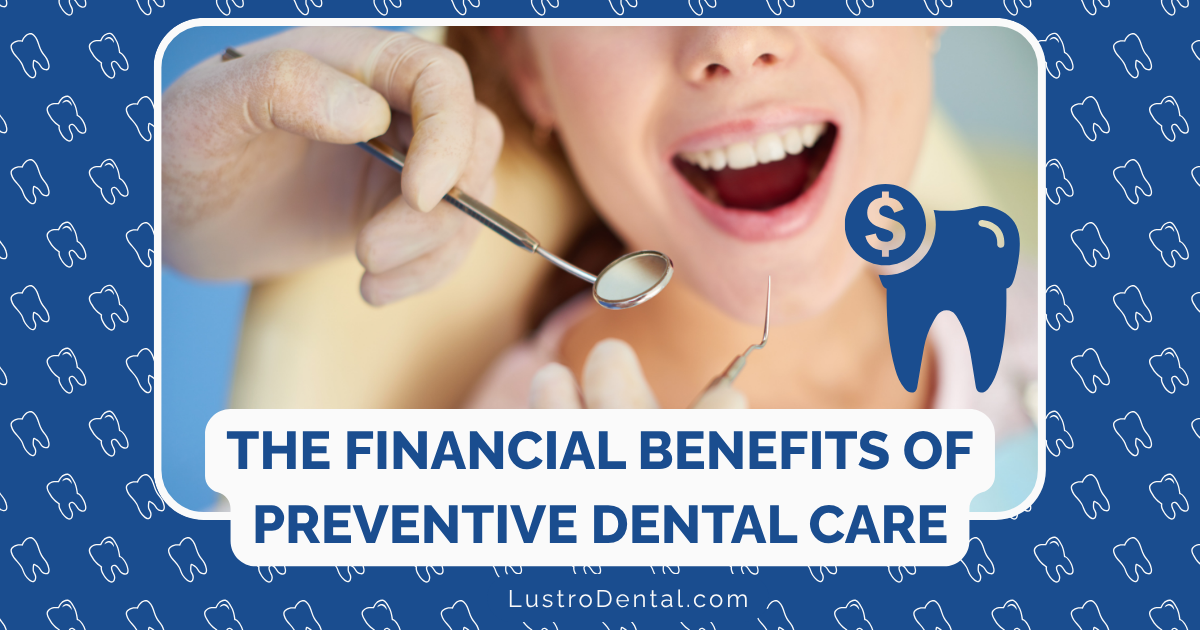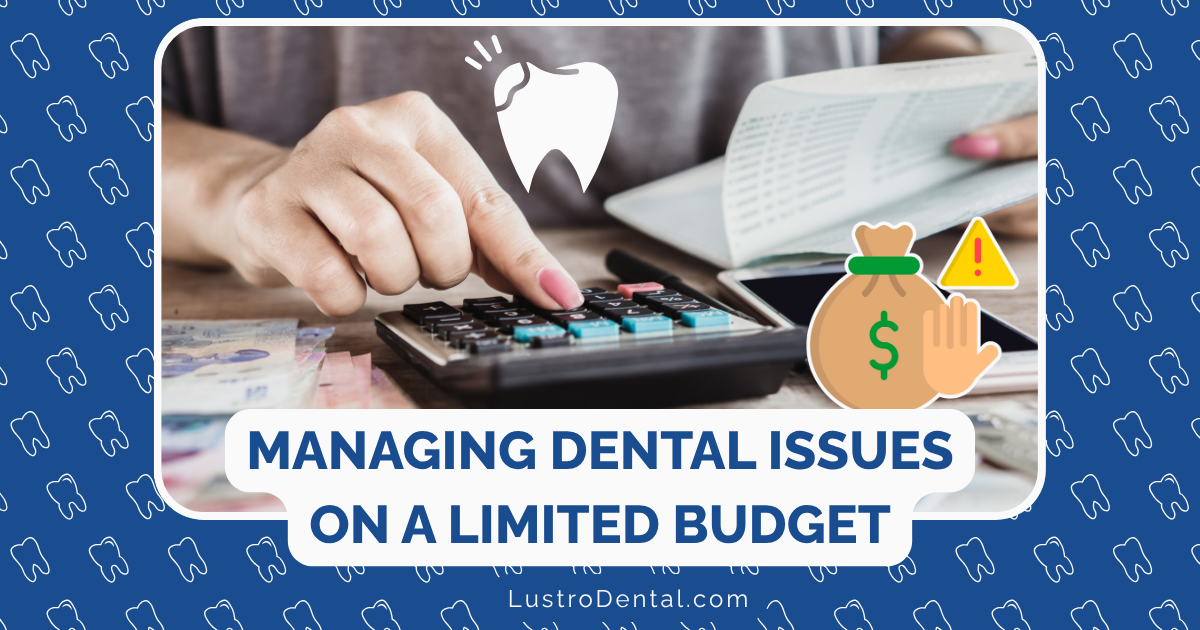Dental Coverage Under Medicare: What’s Included and What’s Not
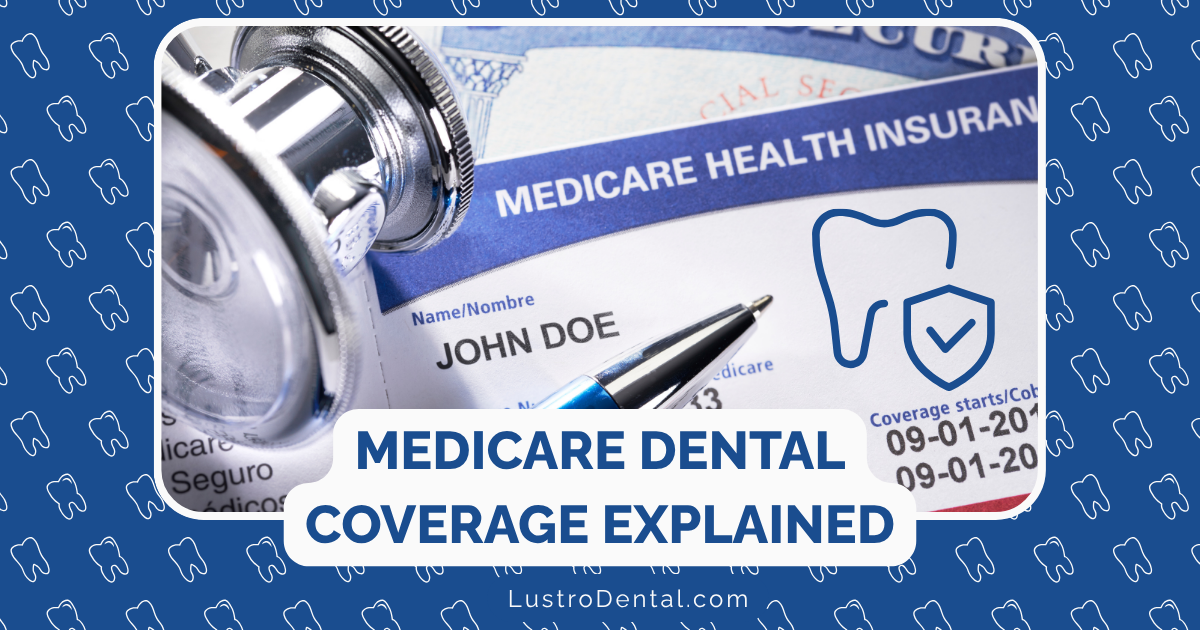
For millions of Americans over 65, understanding what Medicare does and doesn’t cover can feel like navigating a maze without a map. This confusion becomes particularly pronounced when it comes to dental care—an essential aspect of overall health that many seniors find themselves paying for entirely out-of-pocket.
The truth about Medicare dental coverage might surprise you. While the program was designed to provide comprehensive healthcare for older Americans, significant gaps exist—especially when it comes to your oral health.
The General Rule: Medicare Doesn’t Cover Most Dental Care
Original Medicare (Parts A and B) generally does not cover routine dental services. This means that if you’re enrolled in traditional Medicare, you’ll typically need to pay 100% of the costs for:
- Regular dental check-ups and cleanings
- Fillings and extractions
- Dentures or dental plates
- Root canals
- Dental implants
- Routine X-rays
According to the National Council on Aging, this exclusion stems from how Medicare was originally designed. When the program was established in 1965, dental care was viewed as separate from medical care—a perspective that has remained largely unchanged in Medicare’s basic structure despite our evolving understanding of how oral health impacts overall well-being.
The Exceptions: When Medicare Does Cover Dental Services
While routine dental care falls outside Medicare’s scope, there are specific situations where medically necessary dental care is covered. These exceptions typically involve dental services that are integral to treating a non-dental medical condition.
Medicare Part A (Hospital Insurance)
Medicare Part A may cover certain dental services when you’re hospitalized and they’re part of your inpatient treatment. Examples include:
- Dental services needed for an emergency inpatient hospital stay
- Jaw reconstruction following an accidental injury
- Dental examinations (but not treatment) before kidney transplant or heart valve replacement
- Tooth extractions in preparation for radiation treatment involving the jaw
The Centers for Medicare & Medicaid Services (CMS) specifically notes that these exceptions apply when the dental procedure is an essential part of a covered medical service.
Medicare Part B (Medical Insurance)
Medicare Part B covers certain dental services that are necessary for other covered medical procedures. This might include:
- Oral examinations preceding organ transplants
- Dental examinations before cardiac valve replacement
- Reconstruction of the jaw following tumor removal
- Treatment of oral infections before or after certain medical procedures
Recent Changes to Medicare Dental Coverage
Medicare’s approach to dental coverage has seen some modest expansions in recent years. According to a Kaiser Family Foundation report, regulatory changes have gradually increased the scope of Medicare excluded dental services that are now covered:
- Since 2023: Coverage for dental examinations prior to organ transplant surgery and cardiac valve procedures
- Starting in 2024: Coverage for dental examinations before treatment for head and neck cancer, plus treatment of dental complications after radiation, chemotherapy, or surgery for these cancers
- Beginning in 2025: Coverage for dental examinations and treatment to eliminate oral infections prior to dialysis for end-stage renal disease
These changes reflect growing recognition of the connection between oral health and overall medical outcomes.
Medicare Advantage and Dental Coverage
Many seniors seeking dental benefits turn to Medicare Advantage (Part C) plans. Unlike Original Medicare, Medicare Advantage plans often include some level of dental coverage.
According to a 2023 study, approximately 94% of Medicare Advantage plans offer some dental benefits. The coverage typically includes:
- Routine preventive services (cleanings, exams, X-rays)
- Basic restorative services (fillings)
- Some plans cover more extensive services (root canals, crowns, dentures)
However, it’s important to note that coverage varies significantly between plans. Most plans impose annual coverage limits (typically $1,000-$2,000) and may require using in-network dentists.
Alternative Options for Dental Coverage
If you’re looking for more comprehensive dental coverage than what Medicare provides, consider these alternatives:
Stand-Alone Dental Insurance
Private dental insurance plans specifically designed for seniors can provide more extensive coverage. Premiums typically range from $20 to $80 per month, depending on the level of coverage.
Dental Discount Plans
These are membership programs where you pay an annual fee (usually $100-$200) to access discounted rates at participating dentists. While not insurance, these plans can reduce costs by 10-60%.
Medicaid Dental Coverage
For low-income seniors who qualify for both Medicare and Medicaid (dual eligibles), Medicaid may provide additional dental benefits. Coverage varies by state, with some offering comprehensive benefits and others providing only emergency dental services.
The American Dental Association maintains resources about various dental coverage options.
The Financial Impact of Limited Medicare Dental Coverage
The lack of comprehensive dental coverage under Medicare creates a significant financial burden for many seniors. According to research by the Kaiser Family Foundation:
- Nearly half (47%) of Medicare beneficiaries did not have a dental visit in 2018
- Among those who did receive dental care, the average out-of-pocket spending was $874
- One in five Medicare beneficiaries who used dental services spent more than $1,000 out-of-pocket
These costs can lead many seniors to delay or forgo necessary dental care, potentially leading to more serious health issues down the road.
Advocating for Better Medicare Dental Coverage
Various advocacy groups continue to push for expanded dental coverage under Medicare. Organizations like the National Council on Aging and Justice in Aging argue that dental care is essential for overall health and should be included in basic Medicare coverage.
Some legislative proposals have sought to add comprehensive dental benefits to Medicare Part B, though these efforts have not yet succeeded. The gradual expansion of coverage for medically necessary dental services suggests incremental progress toward recognizing the importance of oral health.
Making Informed Decisions About Your Dental Care
Understanding what Medicare does and doesn’t cover is the first step in planning for your dental health needs. Here are some practical steps to consider:
- Review your current Medicare coverage to understand exactly what dental services are included
- Explore Medicare Advantage options during the annual enrollment period if dental coverage is important to you
- Consider supplemental dental insurance if you anticipate needing significant dental work
- Ask about payment plans or discounts when visiting dental providers
- Look into dental schools which often provide discounted services performed by supervised students
- Prioritize preventive care to minimize the need for expensive procedures later
Conclusion
While Medicare’s dental coverage remains limited, understanding the exceptions and alternatives can help you make informed decisions about your oral health care. As the connection between dental health and overall well-being becomes increasingly recognized, there’s hope that Medicare coverage may continue to expand in the future.
In the meantime, being proactive about exploring your options ensures that you won’t be caught off guard by unexpected dental expenses. Your smile—and your wallet—will thank you for it.
Have you encountered challenges with dental coverage under Medicare? Share your experiences in the comments below.


